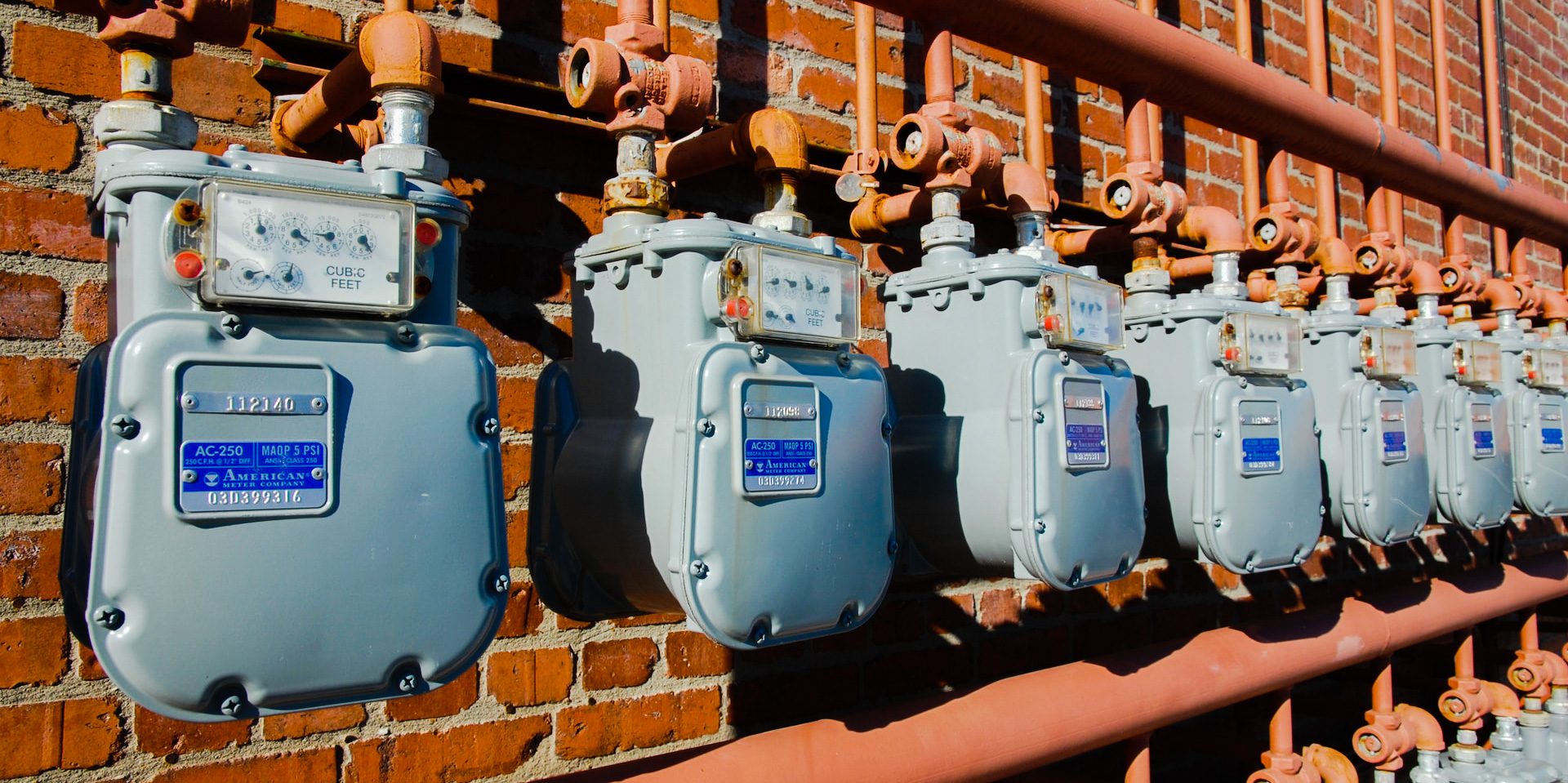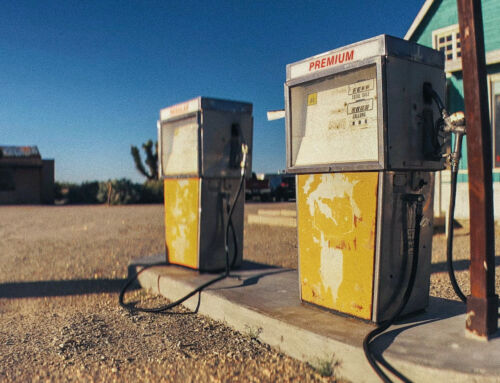View by Topic
Recent Articles
-
Congress Blocks California’s Gasoline Car BanSaturday, May 31st, 2025
-
EPA Will Keep Current Limits for “Forever Chemicals” in Drinking WaterSaturday, May 24th, 2025
-
Court Indefinitely Pauses SEC Climate Rule LitigationSaturday, May 17th, 2025
-
Maryland is About to Regulate Mold But is the Cart Before the HorseSaturday, May 10th, 2025
View by Month/Year
“Green Building Law Update” Headlines
Recent Articles & News from
Stuart Kaplow’s blog
at GreenBuildingLawUpdate.com
- Congress Blocks California’s Gasoline Car Ban: A Legal and Policy Analysis June 1, 2025
- EPA Will Keep Current Limits for “Forever Chemicals” in Drinking Water May 25, 2025
- Court Indefinitely Pauses SEC Climate Rule Litigation May 18, 2025
- Maryland is About to Regulate Mold: But is the Cart Before the Horse? May 11, 2025
Subscribe to the Green Building Law Update!
Stuart Kaplow brings his expertise and extensive experience to the table with his unique digital publication, "Green Building Law Update". Subscribers receive regular updates to keep them informed about important issues surrounding Environmental Law, Green Building & Real Estate Law, as well as the emerging demand for Environmental Social Governance (ESG).
Get fresh content through the lense of Stuart Kaplow's cutting-edge expertise, innovative commentary and insider perspective. Don't miss another issue! Subscribe below.

Federal Appeals Court Delivers Coup De Grace in Berkeley Attempt to Ban Natural Gas
After this article was posted, on March 22, 2024, the California Restaurant Association announced that the group and the City of Berkeley entered into a settlement agreement halting enforcement of the City’s ban on natural gas piping as the City Council takes steps to repeal the ordinance after the U.S. Court of Appeals for the 9th Circuit refused to reconsider its 2023 ruling that the ban is preempted by and otherwise violates Federal law.
The 9th Circuit ruling discussed below, has significant negative implications for state and local laws across the country that would have the effect of banning the use of natural gas in favor of all electric buildings.
On January 2, 2024, the U.S. Court of Appeals for the Ninth Circuit delivered a death blow to the City of Berkeley, California law attempting to ban natural gas, which the Court had last year found was preempted by federal law, with the action last week denying a petition to rehear the case.
While the procedural complexities of this case are more than a little daunting, and instead of reading the more than 60 page amended opinion, nearly everything important can be gleaned from the first paragraph of the opinion,
“By completely prohibiting the installation of natural gas piping within newly constructed buildings, the City of Berkeley has waded into a domain preempted by Congress. The Energy Policy and Conservation Act (“EPCA”), 42 U.S.C. § 6297(c), expressly preempts State and local regulations concerning the energy use of many natural gas appliances, including those used in household and restaurant kitchens. Instead of directly banning those appliances in new buildings, Berkeley took a more circuitous route to the same result. It enacted a building code that prohibits natural gas piping in those buildings from the point of delivery at a gas meter, rendering the gas appliances useless.”
You could also read our 600 word blog post from last year, after the original decision in this case, describing that attempts by state and local governments to ban natural gas in buildings cannot stand as preempted by federal law, Court Saves Gas Stoves from the Government.
Make no mistake, this case is of great import as is evidenced by the large numbers of interested parties including those that filed amicus curiae briefs supporting a rehearing of the case, from state attorneys general as far away as Maryland to the Biden Administration and from environmental groups of every flavor to university law clinics, and more ..
But none of that persuaded a majority of the appellate court’s non-recused active judges to grant a new hearing.
The new text in the now reissued court opinion includes, “that the Berkeley ordinance cut to the heart of what Congress sought to prevent – state and local manipulation of building codes for new construction to regulate the natural gas consumption ..”
To be clear, that amended opinion leaves no doubt, .. based on its text, structure, and context, that EPCA preempts building codes like Berkeley’s ordinance that ban natural gas piping within new buildings. This federal appeals court wrote that, in dismissing the suit, the (lower) federal district court incorrectly limited EPCA’s preemptive scope to ordinances that facially or directly regulate covered appliances, but such limits do not appear in EPCA’s text. EPCA’s preemption provision extends broadly including to regulations that address the products themselves and building codes that concern the use of natural gas. By enacting EPCA, Congress ensured that States and localities could not prevent consumers from using energy in their homes and businesses. In this instance, EPCA thus preempts Berkeley’s building code, which prohibits natural gas piping in new construction buildings from the point of delivery at the gas meter.
Moreover, it is beyond dispute from the opinion that EPCA’s preemptive scope extends beyond regulations of covered products or building codes, but also expressly includes “concerning the energy use” within buildings that contain such products, delivering a fatal blow to government attempts to regulate site Energy Use Intensity (EUI) in building energy performance standards and the like. Lest there be any doubt, to ascertain what Congress meant by “energy use,” we turn to the statutory definitions. EPCA defines “energy use” as “the quantity of energy directly consumed ..” and preempts states and local governments from regulating it, whether it is disguised as a building energy performance standard site EUI or otherwise.
As we concluded our earlier blog post, .. the only question may be how quickly extremist regulatory schemes like Maryland’s Climate Solutions Now Act of 2022 including its building energy performance standards with its ban of natural gas, even in existing buildings, and imposing penalties for EUI, will be vanquished.
Instead of more bad laws, the best responses to human degradation of the natural environment are marketplace solutions where business owners across the globe strive to make the world better off because their business is in it.
To be clear, we believe strongly in repairing the world but do not suffer fools gladly.
Read last week’s decision here and participate in this discussion about how to repair the world (.. without violating the U.S. Constitution).









